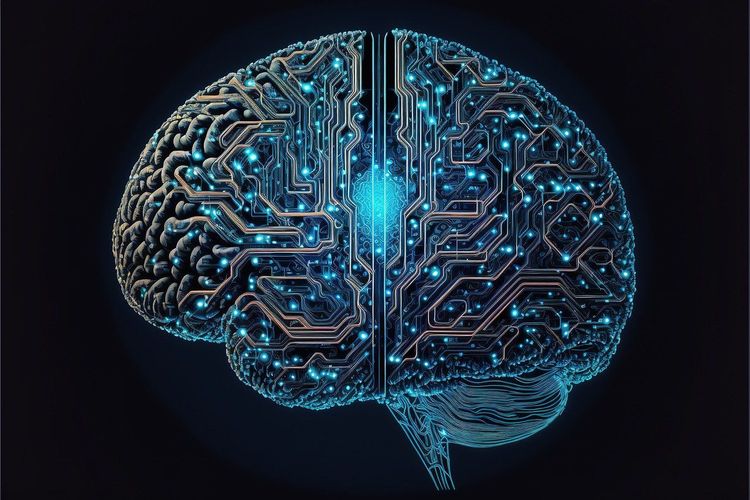At CES this year, "AI" dominated the conversation, with companies enthusiastically touting how generative AI would transform everything from sleep to dental care to business operations. However, a handful of machine learning applications genuinely impressed with their potential to make a real difference. Here are a few standout examples of AI that could provide meaningful benefits.
My realization that not all AI applications are cause for concern came during a conversation with Whispp at a press event. This innovative team is dedicated to empowering individuals who struggle to speak due to conditions like throat cancer, injuries, or other health issues.
The name “Whispp” reflects its focus on those who can form words but lack conventional vocal ability. Many of these individuals can whisper but are often forced to rely on outdated electronic voice boxes. Whispp’s groundbreaking feature synthesizes their whispers into clear speech.
This synthetic voice is developed using a method similar to other voice synthesis platforms: by collecting a few recordings of someone’s voice, users can customize a voice model that resembles them. Whispp’s significant challenge was creating a speech recognition model proficient at interpreting whispers and other speech impairments. Interestingly, this technology also aids individuals who stutter, as whispering often dramatically reduces stuttering episodes. To learn more about Whispp's impact, check out our detailed post about them.
Whispp modernizes electronic larynx devices for a new era.
Nearby, I encountered the delightful team from Louise, a French startup specializing in fertility tracking and support for both men and women seeking to increase their chances of conception.
Primarily a B2B enterprise, Louise collaborates with hospitals and fertility clinics to analyze patient data. Utilizing machine learning, it identifies subtle patterns among thousands of data points from tests and surveys, seeking biomarkers that could unlock insights into improving fertility—a field that definitely benefits from such advanced analysis.
At CES, the company showcased its new app, Olly, which marks its first B2C offering. This “fertility journey” app caters to both genders—often an overlooked aspect of the process—and provides comprehensive tracking, documentation of medications, and helpful strategies. Plus, its icon is an adorable little chick! Olly is set for a global launch on February 14.
The rabbit r1 generated considerable buzz at CES, as a vibrant pocket AI assistant should. While its future remains uncertain (the r2 may follow, if all goes well), this device could significantly assist those with vision impairments who find it challenging to use traditional smartphones.
Can the eye-catching design of the rabbit r1 pocket AI distinguish it in a crowded market?
Voice assistants like Alexa and Siri have transformed daily life for many, especially those who struggle with navigating smartphones or PCs due to their graphical interfaces. Simply asking questions and receiving information, like weather updates or news, has been incredibly empowering.
The challenge, however, arises from the limited capabilities of these assistants, which can only perform certain predefined tasks. For instance, while you can inquire about a flight's status, rebooking it remains elusive. You can book a ride but not customize it for accessibility needs, or you may look up vacation spots without being able to rent a cabin. The r1, however, aims to go beyond basic queries through a ChatGPT-like interface, offering the ability to interact with regular phone or web apps.
If the capabilities of the device align with the company's marketing claims, the r1 could genuinely become an invaluable companion for anyone struggling to engage with conventional technology. For those who use Whispp, speaking won’t even be necessary!
Elder care represents another domain where generative AI can address common criticisms. While I firmly believe that no one should depend on technology for companionship, our existing devices could be much friendlier and more supportive. While I have vocally opposed the idea of machines pretending to be human, there’s nothing wrong with them being helpful and approachable.
ElliQ creates "robot" devices designed for use in assisted living facilities, providing reminders and checking in on patients. The latest iteration employs a large language model to foster more natural conversations, akin to ChatGPT. As many older individuals crave social interaction or find it challenging to digest current events and technological advances, this technology can serve as a vital engagement tool. Additionally, it offers safety features, such as attending to calls for help or relaying requests to caregivers.
These examples merely scratch the surface of AI's positive applications showcased at CES, demonstrating that while it may be the latest trend, there are indeed valuable ways to integrate machine learning into everyday life.







